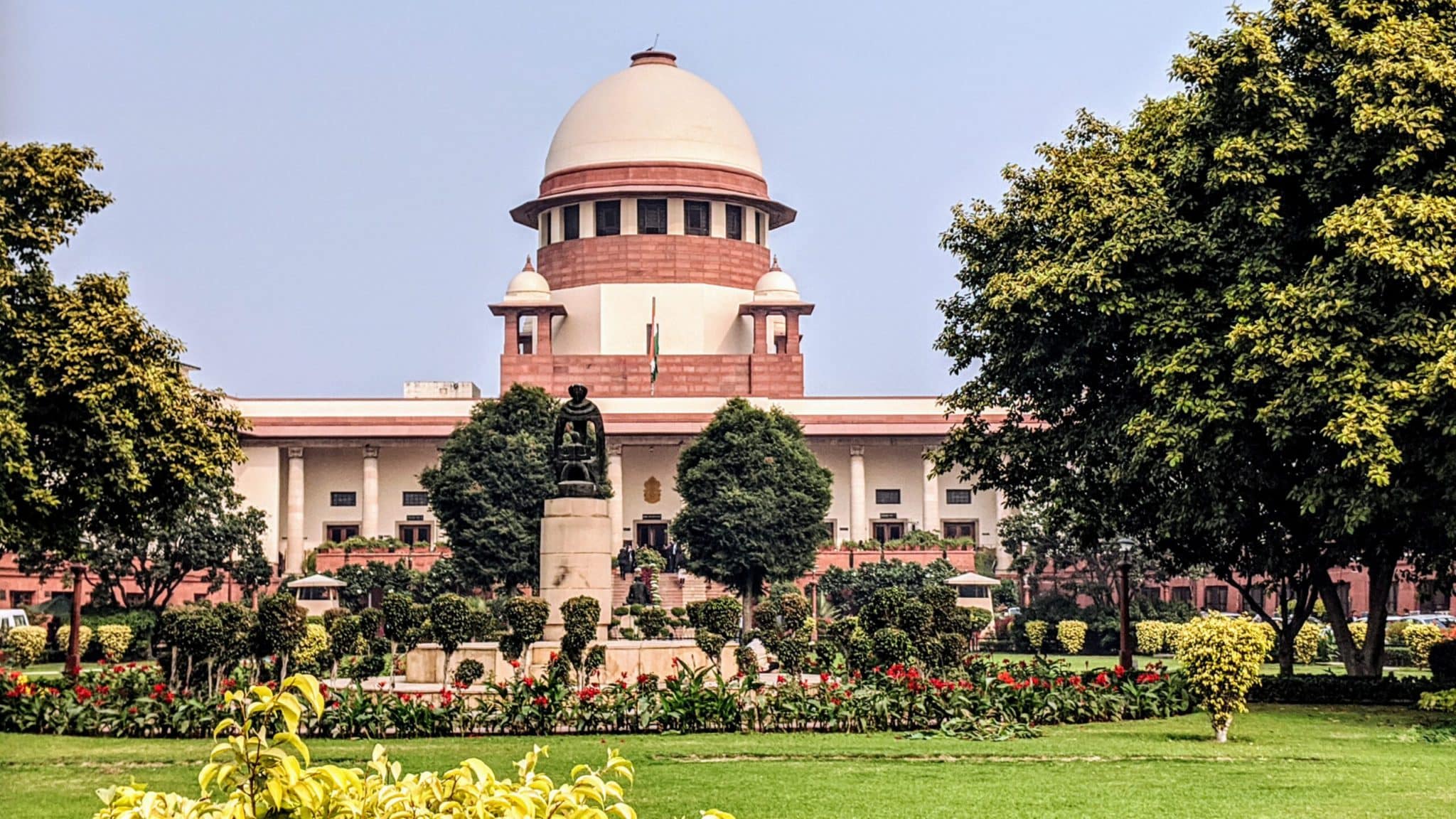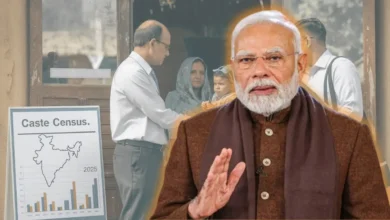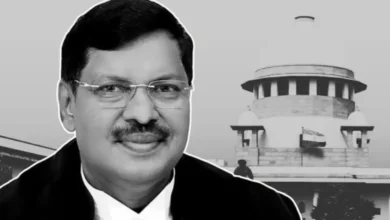Supreme Court Set to Rule on Electoral Bonds Scheme’s Legality on February 15

Desk Report, February 14, 2024: In a highly anticipated development, the Supreme Court of India is poised to deliver its judgment on the constitutional validity of the electoral bonds scheme on February 15. The decision follows a thorough examination by a Constitution Bench, featuring Chief Justice DY Chandrachud and Justices Sanjiv Khanna, BR Gavai, JB Pardiwala, and Manoj Misra. The bench had reserved its judgment on November 2 after an intensive three-day hearing.
The electoral bonds scheme, introduced in 2017 and formally launched in 2018, has faced opposition from various quarters, with challenges mounted by individuals and organizations such as the Association for Democratic Reforms (ADR), the Communist Party of India (Marxist), Congress leader Jaya Thakur, and Spandan Biswal. Represented by seasoned advocates Kapil Sibal, Vijay Hansaria, and lawyer Prashant Bhushan, these challengers questioned the constitutional soundness of the scheme.
Also read: Devasting Fire Engulfs Gauripur Homes, Leaves Four Families Homeless
Government representation in the case came from Attorney General (AG) Venkatramani and Solicitor General (SG) Tushar Mehta. The contentious electoral bonds serve as financial instruments facilitating political party donations with the added benefit of donor anonymity. This anonymity, a key feature of the scheme, has been a focal point of debate.
The government’s argument centers on the electoral bonds’ role in promoting transparency in political funding, channeling legitimate funds through official banking channels. The rationale behind keeping donor identities confidential is to shield them from potential reprisals by political entities.
As the nation awaits the Supreme Court’s ruling on February 15, the outcome could significantly shape the future landscape of political funding in India. The decision holds implications for the delicate balance between transparency and donor privacy in electoral processes.




